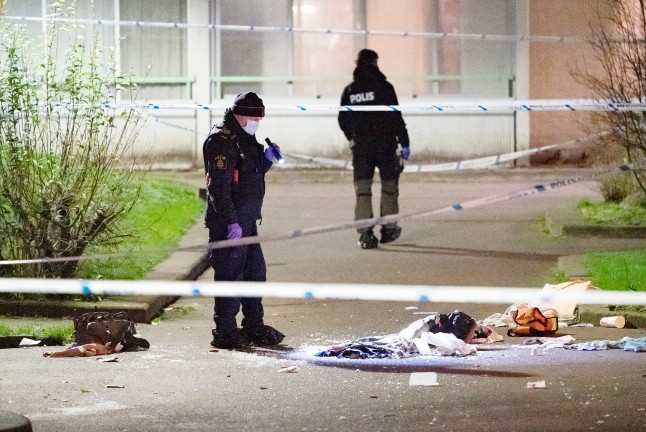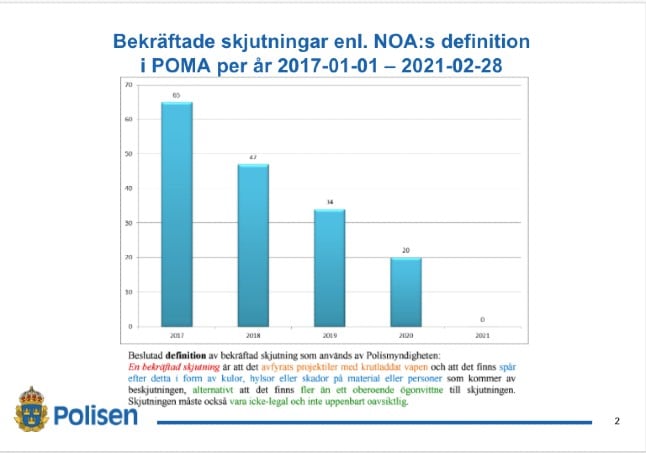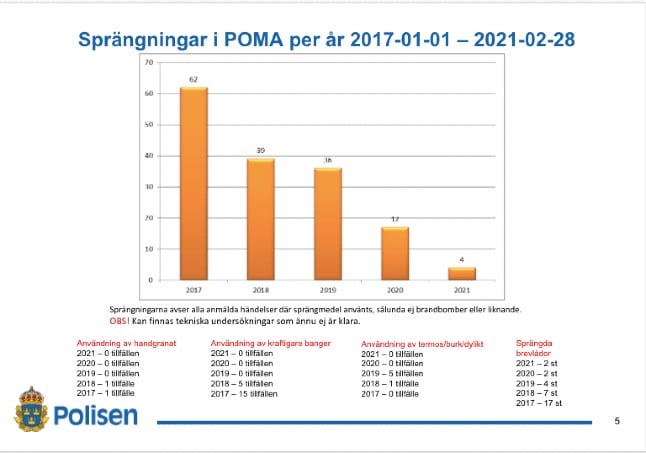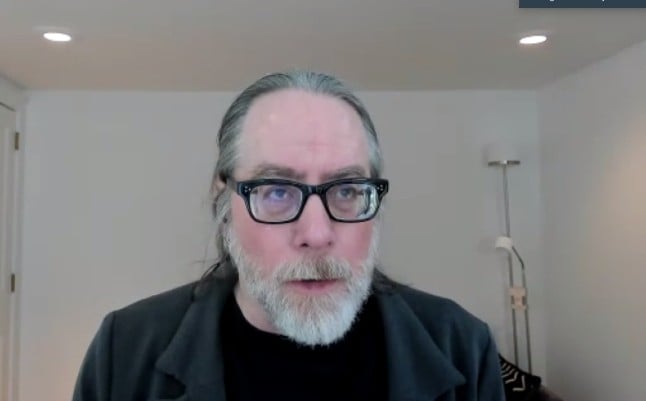The newspaper Aftonbladet has mapped out serious organized crime in Sweden.
It found that although several organized criminal networks have been broken up and gang ties have weakened, new networks have at the same time formed across Sweden.
One example is the town of Eskilstuna in the south-east, which experienced spiralling violence over the summer with four instances of shootings in public spaces.
The latest case happened on August 17th when a 23-year-old was hit in a drive-by-shooting. The gunman was riding a scooter.
According to local police the shooting was related tp a conflict between two groups and several of those involved were previously members of a gang called Black Cobra.
The summer’s violence in Eskilstuna is typical of the new organized crime in Sweden, says Lars Öjelind, a gang expert at the National Bureau of Investigation (Rikskriminalpolisen).
“Loyalty does not have the same meaning as in the past,” Öjelind told Aftonbladet.
“People quit and start new groups. There are many local networks and gangs these days.”
Öjelind said there could be several reasons why gangs are moving to mid-sized towns. For instance, premises are cheaper and a weaker police presence coupled with inhabitants who are unused to gangs means that there are fewer controls.
The Local/nr Follow The Local on Twitter





 Please whitelist us to continue reading.
Please whitelist us to continue reading.
Member comments